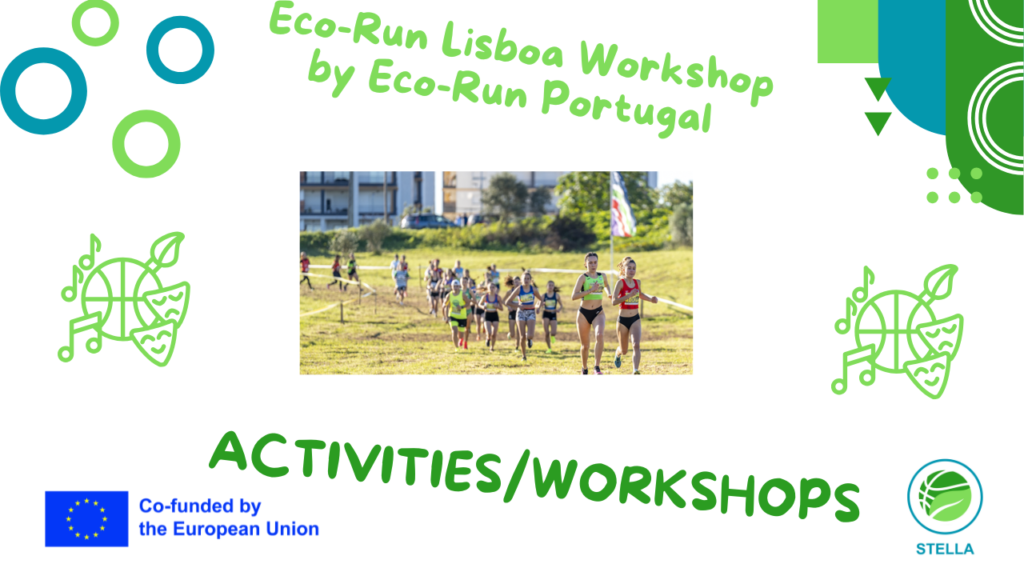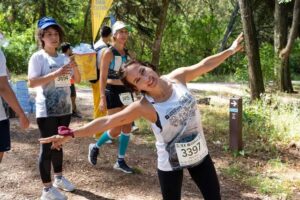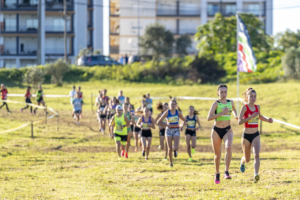
The Eco-Run Lisboa Workshop is a key educational initiative of Eco-Run Portugal, conducted during the Eco-Run Lisboa event. This workshop addresses the environmental impact of running events, teaching participants about waste management, responsible trail-running practices, and reducing litter along race routes. The program was developed to align the growing popularity of running with environmental stewardship.
Objectives:
- Raise awareness among runners and organizers about sustainable running practices.
- Reduce the environmental footprint of running events.
- Promote responsible behavior among participants in trail-running and road races.
Description of the Practice:
The workshop includes:
- Educational Modules: Sessions on waste management, sustainable hydration practices, and eco-conscious event planning.
- Community Engagement: Participants are encouraged to join clean-up initiatives along race routes.
- Practical Insights: Demonstrations of reusable race materials and eco-friendly hydration solutions.
Implementation:
- Where: Held in Lisbon as part of the Eco-Run event, with potential expansion to other cities.
- When: Conducted annually in conjunction with the Eco-Run Lisboa event.
- Partnerships: Collaborates with local environmental organizations to provide expertise and resources.
- Strategies: Promoted through event registration platforms and social media outreach.
Impact and Results:
- Quantitative Outcomes: Reduced littering and improved waste management during the Eco-Run Lisboa event.
- Qualitative Outcomes: Increased participant awareness and adoption of sustainable running practices.
Conclusion:
The Eco-Run Lisboa Workshop successfully integrates environmental education into a popular sporting activity, fostering eco-consciousness among participants and organizers alike.
Recommendations:
- For Event Organizers: Include sustainability workshops as a standard part of race planning.
- For Communities: Leverage running events to promote broader environmental initiatives.
- Next Steps: Develop a toolkit for other running events to replicate the workshop’s success.

 .
.
